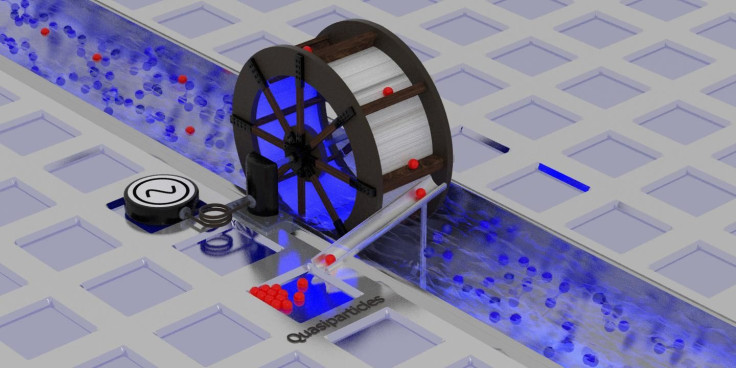Quantum Computing Update: Researchers Test Technique To Extend Lifespan Of Superconducting Qubits

The world of subatomic particles, governed by the laws of quantum mechanics, is an extremely weird one. In the quantum realm, at least insofar as we can understand, particles are in a state of superposition, wherein they exist in two or more states simultaneously — a cat that is both dead and alive, so to speak.
However, this “coherence” lasts for only a fraction of a second before the whole system decoheres — a phenomenon that marks the transition from the realm of quantum to classical mechanics.
The fact that a coherent quantum state is short-lived is what allows reality as we know it to exist, but, for researchers looking to exploit superposition to create quantum computers, this presents a major roadblock. For these researchers, looking for ways to least delay decoherence — thereby preserving the state of superposition that makes quantum computers so much faster than their conventional counterparts — is a key goal.
Now, an international team of scientists said in a study published Thursday in the journal Science that they had succeeded in enhancing the longevity of superconducting qubits — attractive candidates for the creation of a viable quantum computer — thereby reducing variability in coherence.
“When superconducting materials are cooled below a material-specific critical temperature, electrons come together to form pairs; then current can flow without resistance. However, so far it has not been possible to build superconducting circuits in which all electrons bundle together,” the Forschungszentrum Jülich research centre, one of whose physicists was involved in the study, explained in a statement. “Single electrons remain unpaired and are unable to flow without resistance. Due to these so-called quasiparticles, energy is lost and this limits the length of time that the circuits can store data.”
In order to increase the lifetime of superconducting quantum circuits, the researchers used microwave pulses to “pump out” the unpaired electrons. They found that when the quasiparticle density was reduced by 70 percent, the lifespan of the qubits was improved three-fold.
“The technique can in principle be put to immediate use for all superconducting qubits,” study co-author Gianluigi Catelani from the Forschungszentrum Jülich research centre said in the statement.
© Copyright IBTimes 2024. All rights reserved.






















